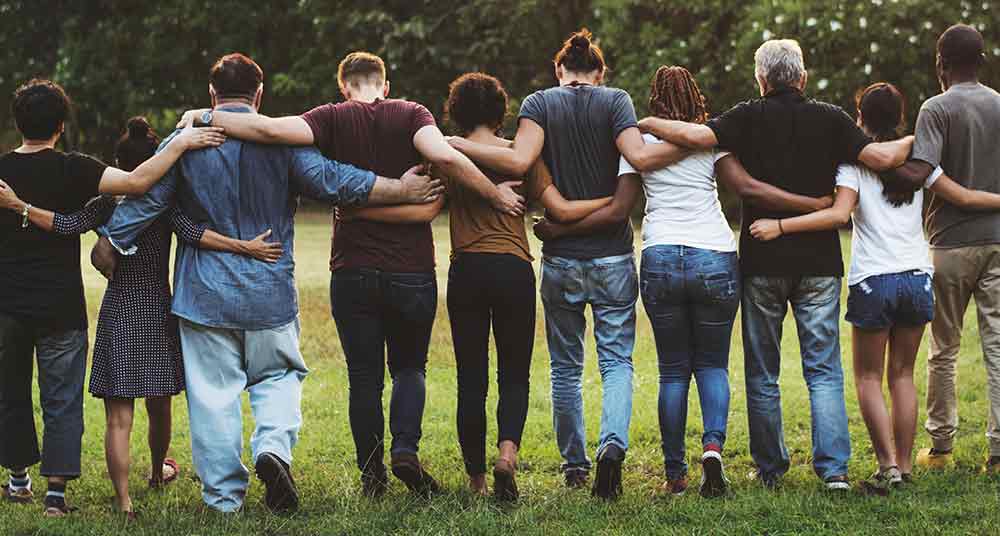5 Marks of Healthy Friendships

This factor is only one of many that speak to the power of friendship in recovery—and, in particular, the power of healthy friendships to motivate and challenge you to find freedom from addiction … But, what is healthy friendship, and how do you know if you’re in a healthy friendship?
People in early recovery aren’t always sure how to answer this question, for various reasons: “Friends” were the people they used to drink and do drugs with, or the peers who pressured them to try a pill or joint for the very first time. A “friend” might have been anyone with whom they felt less socially awkward around after a round of beers. And, in some cases, an addiction has so alienated a person from previous friends that the person has come to view drugs or alcohol as their only true “friend.” In this context, friendship itself can seem foreign—and healthy friendship, like an alien that’s just landed in their backyard and is speaking Pig Latin.
On that note, here are five marks of healthy friendship that can serve as an informal litmus test for evaluating the health of your friendships in early recovery.
5 marks of healthy friendship in recovery:
- Healthy boundaries allow you to be yourself, without trying to conform you in ways that hurt you or make you feel uncomfortable. (Physical or emotional abuse cannot exist when healthy boundaries are in place.) Healthy boundaries respect your personhood, recognize your need for space, and accept your needs and limits. One way to evaluate whether a friendship has healthy boundaries is to practice being assertive about something you see happening in the relationship that you don’t like or that makes you feel uncomfortable. Let your friend know what’s on your mind and listen to how they respond. Do they listen to and value what you have to say? Or, are they dismissive or critical? The interaction may prove insightful.
- Mutual trust is getting and giving the benefit of the doubt and being able to take one another’s word when things go wrong in the relationship. Trust entails the mutual assurance that your friend has your back and you have theirs, so to speak.
- Mutual honesty is of course a necessary foundation for trust and healthy boundaries. If you’re not able to be honest with your friend about what you’re feeling, and vice versa, that’s a big red flag. Honesty doesn’t equate with being blunt. Telling the truth gently is an important art that’s worth learning. But if you find yourself walking away from interactions with a nagging sense that when you’re with the person, they or you or both of you are engaging in little white lies, that may be worth noting and addressing.
- Wanting the best for each other is another indication of healthy friendship. A friend who wants the best for you will be happy when you’re taking steps to get and stay healthy. They won’t try to tempt you with things that they (and you!) know aren’t good for you. Instead, they’ll support choices and behaviors that help you grow and flourish.
- An equal and mutual give and take is also a mark of healthy friendship. In the absence of an equal and mutual give and take, one person is constantly giving while the other is constantly taking and receiving. The byproduct is “codependency.” In relationships in which substance abuse or another chronic disease is at play, this dynamic can be quite common: one friend comes to view themselves as the sick person who needs help, while their friend takes on the role of the helper and problem solver. Ultimately, this dynamic is unhealthy in the long term for both people in the relationship. The one constantly being “helped” is made to feel more like a victim and fix-it-project than a real friend and equal, while the one doing all the so-called helping ends up feeling stressed-out and resentful. The ideal is mutual giving and receiving, such that both friends recognize they have much to give and much to receive in the relationship—as equals.
To identify signs of an unhealthy relationship for recovery, read our article: Signs a Relationship is Toxic to Your Recovery

